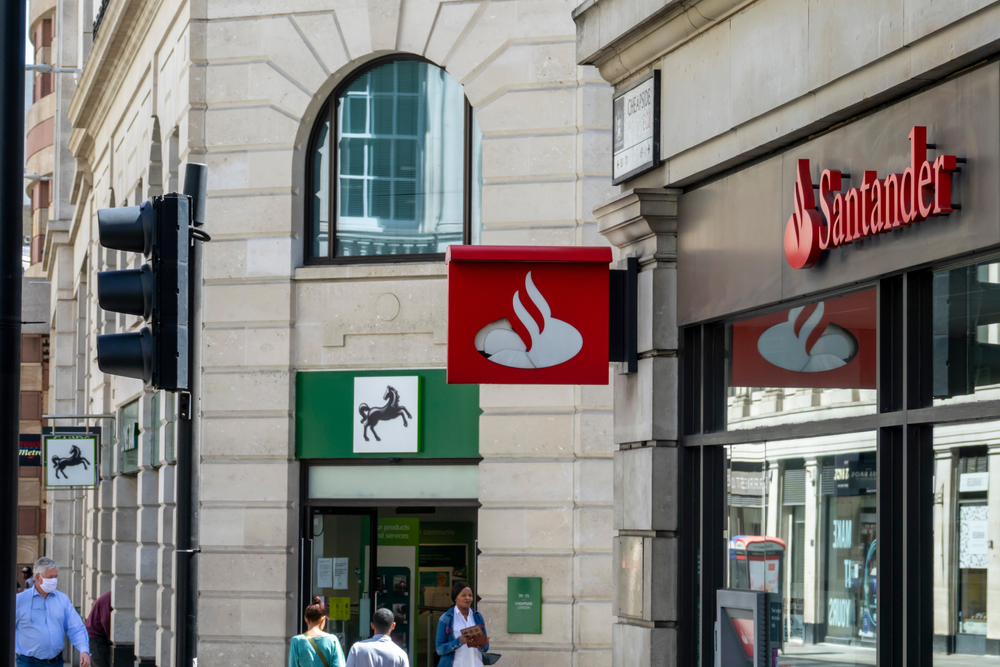Major high-street banks have been put in a “red” category following new analysis on their fossil fuel investments and green policies.
Which? and Reclaim Finance identified six banks in the “red” category: JPMorgan Chase, Santander, Barclays, HSBC, NatWest (includes RBS) and Lloyds (includes Halifax and Bank of Scotland).
The researchers analysed fossil fuel policies – which were broadly found to be too weak – and statements on agricultural commodities such as beef, soy, timber and palm oil.
Of the banks that do finance the fossil fuel industry (rated red), there are differences in financing, policies and promises. Two of them, Lloyds and NatWest, are less involved in these sectors than their peers.
Subscribe to Sustainability Beat for free
Sign up here to get the latest sustainability news sent straight to your inbox everyday
Which? researchers also considered transparency levels and whether the financial institutions had credible targets to reduce exposure to environmentally damaging sectors, and checked whether they publish independently verified data.
The three banks labelled Which? “eco providers” are Nationwide, The Co-operative Bank and Triodos. They have no exposure to fossil fuels in their banking activities.
Which? Money deputy director Sam Richardson highlighted the consumer impact financing and customers may consider changing banks “if they are uncomfortable with their money being invested in the fossil fuel industry and other projects which could be damaging to the environment.”
How did your bank score?
JP Morgan Chase scored the lowest in the red category, achieving a 16% for positive environmental impact. Since the Paris Agreement, it has financed more fossil fuels than all the banks Which? assessed put together and got the lowest score for positive environmental impact.
Lloyds’ (including Halifax and Bank of Scotland) exposure to fossil fuels is minor compared with peers, and it has higher scores than the other big fossil fuel funders, but it does not yet exclude all financial services for firms with oil/gas expansion plans.
Which? reported the bank is “actively working with oil and gas clients to establish credible transition plans by the end of 2023. We know time is critical.”















